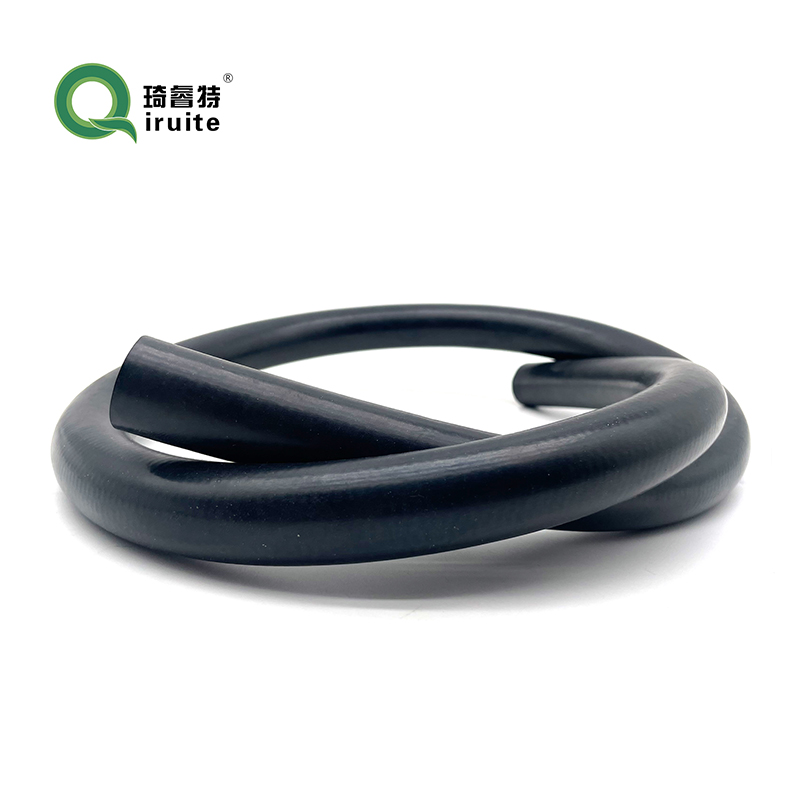automotive brake hose
Understanding Automotive Brake Hoses Importance and Maintenance
Automotive brake hoses are a crucial component of any vehicle's braking system. These hoses are responsible for transferring brake fluid from the master cylinder to the brake calipers and wheel cylinders. Proper functioning of brake hoses is vital for the safety and performance of a vehicle. In this article, we will explore the importance of brake hoses, how they work, and the best practices for maintenance.
Importance of Brake Hoses
Brake hoses are typically made from reinforced rubber or synthetic materials that can withstand high pressures and extreme temperatures. They are designed to endure the stresses of daily driving, including temperature fluctuations and exposure to elements like moisture and oil. A well-functioning brake hose ensures that the brake fluid flows smoothly, enabling the brakes to respond promptly when the pedal is pressed.
A compromised brake hose can lead to brake failure, which poses a significant risk to the driver, passengers, and other road users. Signs of wear or damage include bulges, cracks, or leaks. It is important to have any suspicious symptoms checked immediately, as a faulty hose can lead to a complete brake failure.
How Brake Hoses Work
When a driver presses the brake pedal, the master cylinder generates hydraulic pressure in the brake fluid. This pressure travels through the brake hoses to the brake calipers (in disc brake systems) or wheel cylinders (in drum brake systems). The brake calipers squeeze the brake pads against the rotors; in drum systems, the wheel cylinders push the brake shoes against the drum. This process creates the friction necessary to slow down or stop the vehicle.
Brake hoses are designed to be flexible, allowing for suspension movement when the wheels turn. However, this flexibility and exposure to various environmental conditions mean that they can deteriorate over time. Regular inspections are necessary to ensure they remain in good condition.
automotive brake hose

Maintenance Tips
To prolong the lifespan of brake hoses, vehicle owners should adhere to the following maintenance tips
1. Regular Inspections Check brake hoses during routine vehicle maintenance. Look for signs of wear, such as cracks, soft spots, or bulging.
2. Fluid Check Monitor the brake fluid level and quality. Contaminated fluid can corrode rubber hoses.
3. Replacement Schedule Consult the vehicle’s service manual for recommended replacement intervals for brake hoses. Many manufacturers suggest replacing them every four to six years.
4. Professional Service If you notice any irregularities or have concerns about brake performance, seek the expertise of a qualified mechanic.
In conclusion, automotive brake hoses play an indispensable role in ensuring the safety and efficiency of a vehicle's braking system. By understanding their function and maintaining them properly, vehicle owners can ensure reliable braking performance and enhance overall road safety. Regular inspections and timely replacements are key to preventing brake failure and protecting drivers and passengers alike.
-
Ultimate Spiral Protection for Hoses & CablesNewsJun.26,2025
-
The Ultimate Quick-Connect Solutions for Every NeedNewsJun.26,2025
-
SAE J1401 Brake Hose: Reliable Choice for Safe BrakingNewsJun.26,2025
-
Reliable J2064 A/C Hoses for Real-World Cooling NeedsNewsJun.26,2025
-
Heavy-Duty Sewer Jetting Hoses Built to LastNewsJun.26,2025
-
Fix Power Steering Tube Leaks Fast – Durable & Affordable SolutionNewsJun.26,2025

